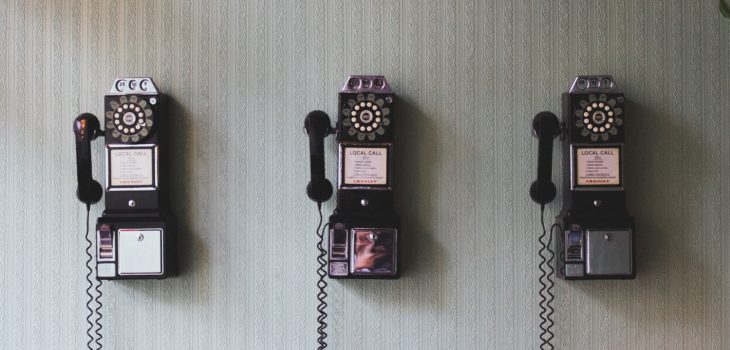
Phrases to give up: 3 things I say that…
Thanks to a LinkedIn contact, I read an interesting article about phrases to give up. It was pegged to the new year and changing something that’s not working for us.
Some of the phrases really hit home, and all of them were things I’ve said. Fortunately, some already have left my lexicon since I’ve reinvented my life in the past two years. I know longer say, “I don’t have time.” If it’s important, I have the time. I also don’t say, “He/she makes me happy!” I know happiness comes from within – no one can make you happy.
At this point, I highly recommend you go and read the article. Each phrase was provided by a different person and includes his or her reasoning for not wanting to use it. I’m not including all of that here – just a brief overview of my thoughts about a few of them. Go ahead and click the link. It will open in another tab, and then you can come back here when you’re done.
Phrases to give up
These are the ones that stuck out to me:
“It is what it is.”
The author says he feels this phrase is self-limiting. I hadn’t thought of it that way. I use it when I feel like I need to accept something – or I’m trying to tell someone else to simply accept something. For example, I’ve used it when someone was upset about something that wasn’t going to change – like government bureaucracy.
I tend to want to fix things, find solutions. Rather than let others wallow in self-pity or frustration over something they can’t change, I point out “it is what it is.”
But is that the best way forward? Probably not. It’s OK to feel frustrated. That can be motivation for change. Even if you can’t change the situation, you can change your reaction to it, and that’s an even better lesson and outcome.
“I’m sorry.”
Like the author, I tend to apologize too often for things that don’t require an apology. There are times to apologize, but I say it when it’s not necessary. The author said she plans to change “I’m sorry I’m late” to “Thank you for your patience” and “I’m sorry I disagree” to “I disagree.” Those are things I’ll look for, too.
“Isn’t it weird that …”
The author points out that differences — weirdness — makes the world interesting. He plans to stop saying this phrase because it makes him stop exploring because he worries what other people think of him.
So, no judgment. Let’s embrace weirdness in all its forms and give up language that limits us.
Which phrases would you give up? Leave a comment!
How to Be a Better Writer Tip
Make lists for readers
Readers like lists.
I was perusing a website, and nearly all of the articles had a number in the headline: 7 best ways to clean your cupboards, 9 new gray paint colors you’ll love, 12 kitchen gadgets you can’t live without.
OK, I made all of those up. But they could be headlines. We’ve all read them. Something about the number and a promise that the article will solve our problem – one way or another – makes us click on it.
We also like lists of top things, which are popular, especially at this time of year. We see many retrospectives from the past year: best movies, popular songs, top books, even prettiest faces.
How does this help you? It can be a way to organize your writing. You can gather your topics as a list, then flesh them out for readers. It may be easier to go point by point, and your readers will like it.
Then, you can include the number in your headline, which is helpful, particularly if you’re writing for an online audience who will choose (or not) to click on your article.



